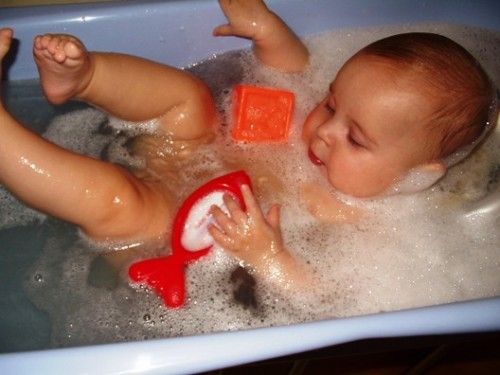Medical expert of the article
New publications
What should a baby be able to do at 11 months?
Last reviewed: 06.07.2025

All iLive content is medically reviewed or fact checked to ensure as much factual accuracy as possible.
We have strict sourcing guidelines and only link to reputable media sites, academic research institutions and, whenever possible, medically peer reviewed studies. Note that the numbers in parentheses ([1], [2], etc.) are clickable links to these studies.
If you feel that any of our content is inaccurate, out-of-date, or otherwise questionable, please select it and press Ctrl + Enter.

An 11-month-old child is a baby who has just one step left before turning one. The first year of his life. That is why many parents ask: what should a child be able to do at 11 months? How should he develop? What weight and height should he be? We will help you answer these questions.

Baby's height and weight at 11 months
Please note that these data are approximate, i.e. the child may weigh more or less than these norms. But they can be used as a guide, and if the child's growth and weight are too slow or, on the contrary, exceed the norm, it is worth contacting a doctor.
So, boys at 11 months gain weight about 10 kg, and girls - up to 9200. Boys at 11 months reach a height of 74.3 cm, and girls - 72.6 cm. They do not grow as intensively as in the first 6-8 months of life, gaining not 500-600 grams per month. But up to 300-350 grams.
Physical activity of a child at 11 months
Now, when only a month remains until the birthday, the child is no longer that helpless infant who could not do anything without you. He still needs caring care and support, but his growing independence is becoming obvious. A child at 11 months can already walk holding hands with mom or dad, and he will try to help you dress him. During meals, he can already drink from a cup on his own (although some children cannot do this for several more months) and can feed himself from a spoon.
Books for young readers
Your child loves looking at books and turning the pages, although he may sometimes tear them. He may already have favorite picture books that he returns to again and again.
 [ 1 ]
[ 1 ]
Playing with other children
At this age, your baby may be showing off among his siblings and playing with other children. He may also have a favorite blanket or favorite toys.
Your child may now ignore your commands when you say "no." But even if your child can't always remember tomorrow what you said today, you can already set some boundaries to teach your child to distinguish good from bad, right from wrong.
For example, you do not allow the child to eat a second portion of cake, this sets the limits of what is permitted. If the child pulls the kitten's tail, take his hand, look him in the eyes and say: "No, you can't, the kitty is in pain." And then you need to tell the child how to pet the kitty. The child's desire to study the animal is stronger than the desire to listen to your warnings, so the parent's responsibility is to teach the child how to properly handle the animal by example. The fact that a child at 11 months does something wrong is a consequence of his natural curiosity, the desire to see how the world works, and not to harm you.
Speech development of a child at 11 months
Your baby is now producing words and syllables that he can use meaningfully. Your baby’s frontal lobes are gradually developing, and he is developing higher cognitive abilities such as thinking and speaking. So you can continue to encourage your baby’s interest in speech by listening carefully and responding to his words and babble. This type of interaction is crucial for teaching your baby social two-way communication. Playing games such as hide and seek will help your baby develop memory skills.
At this age, your child can imitate the sounds of words and intonations, as well as actions. She may already be able to follow simple instructions, such as "Please bring me the ball" or "Take the spoon." Help your child learn the boundaries of what is allowed and what is not allowed by breaking down commands into simple steps.
Remember that every baby is unique and will develop and grow at their own pace. These skills are simply a guide to what your 11 month old baby has the potential to accomplish - if not now, then soon.
 [ 2 ]
[ 2 ]

